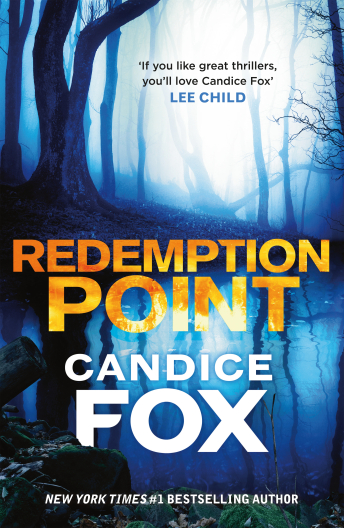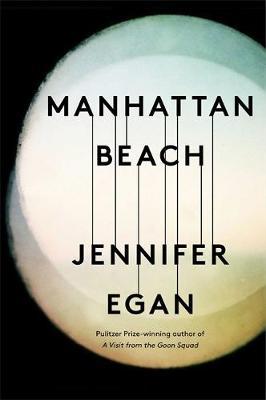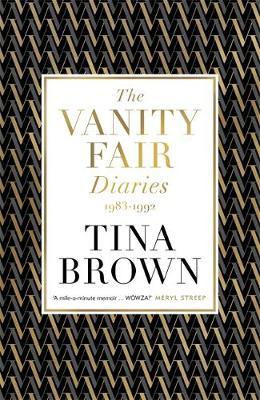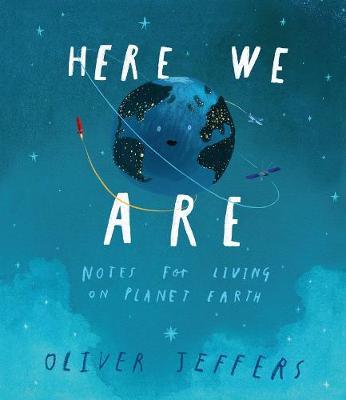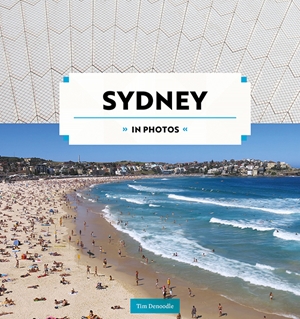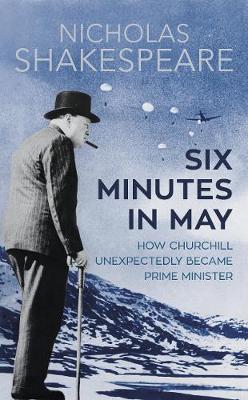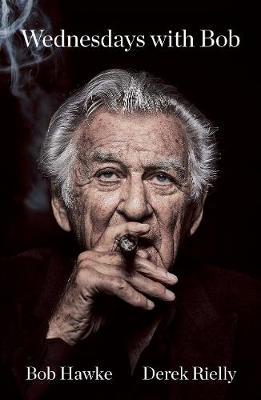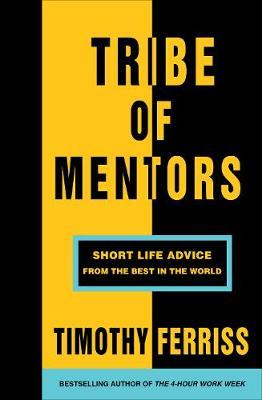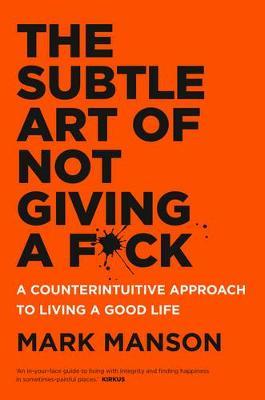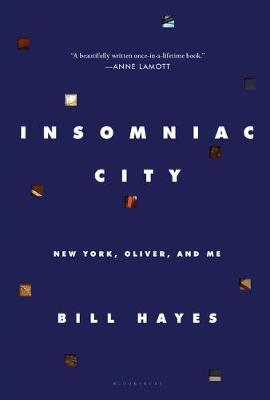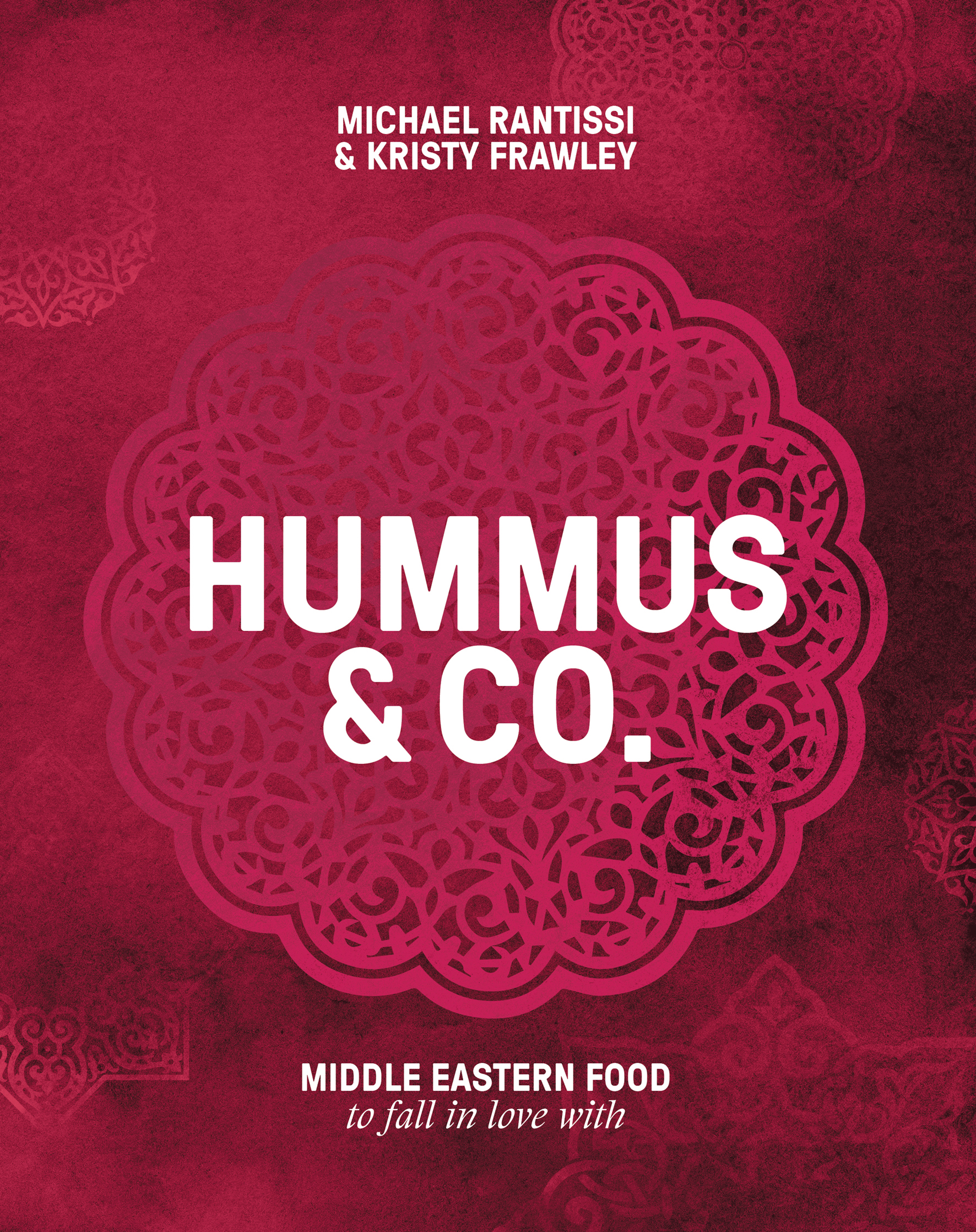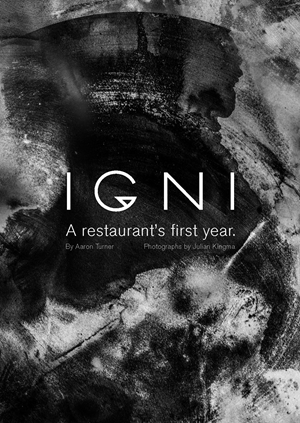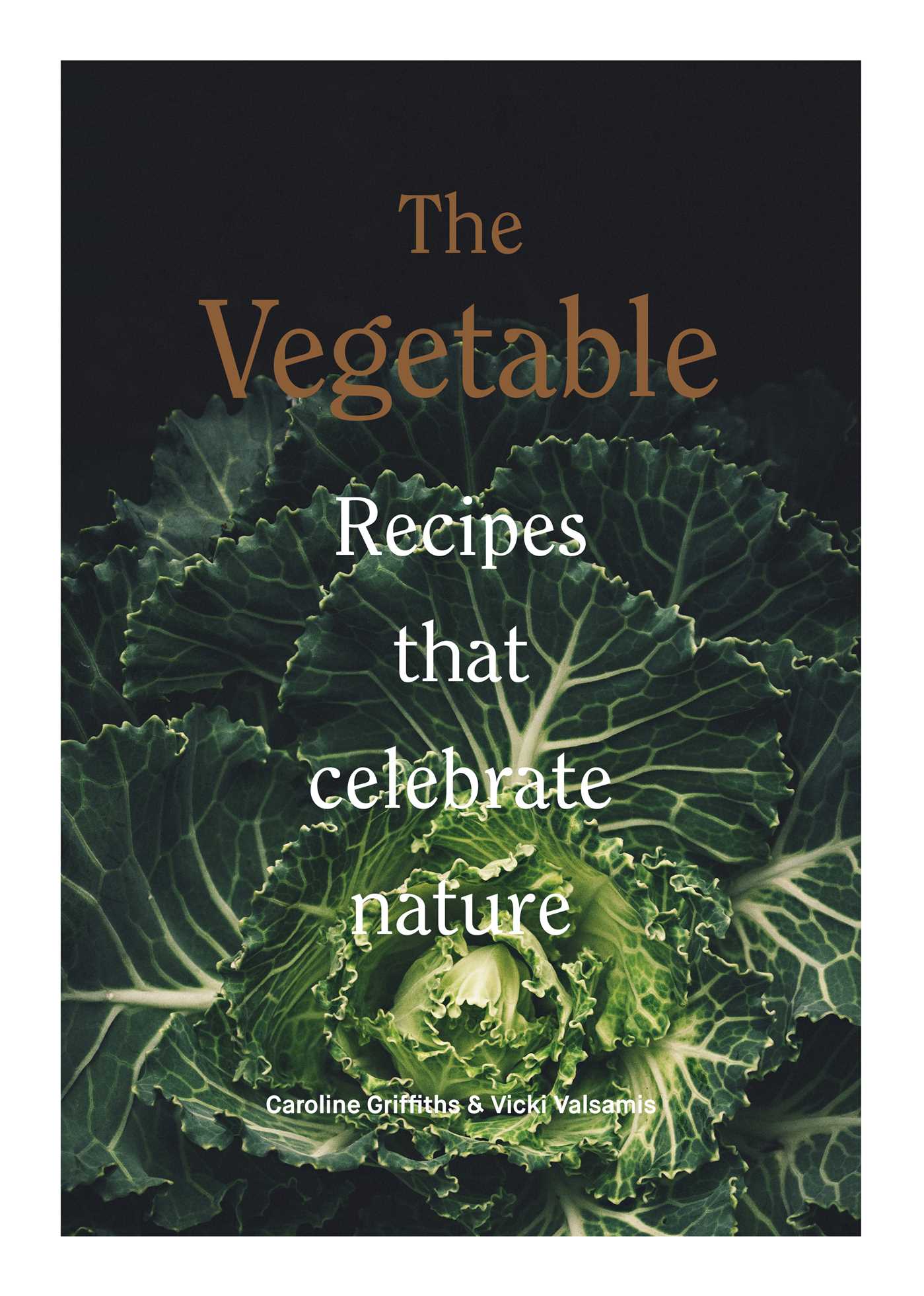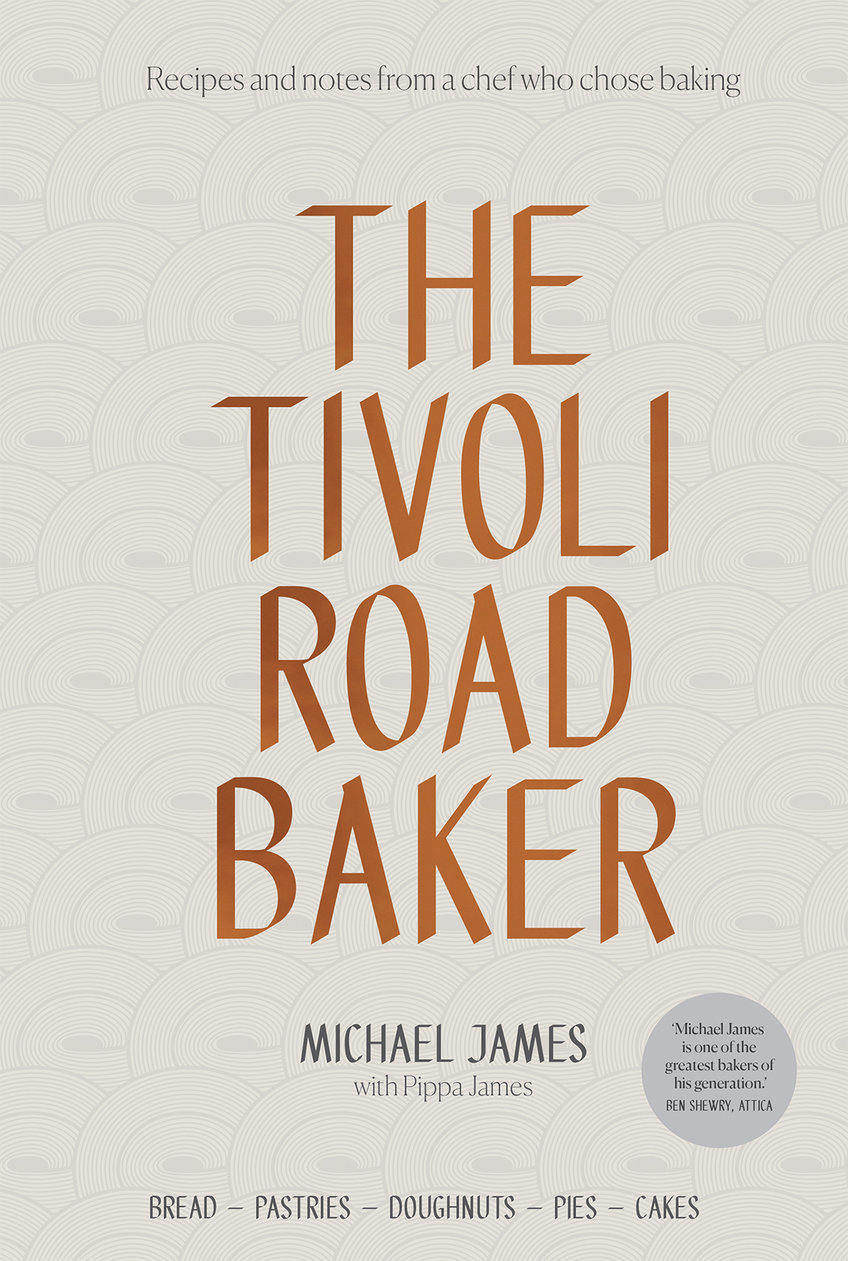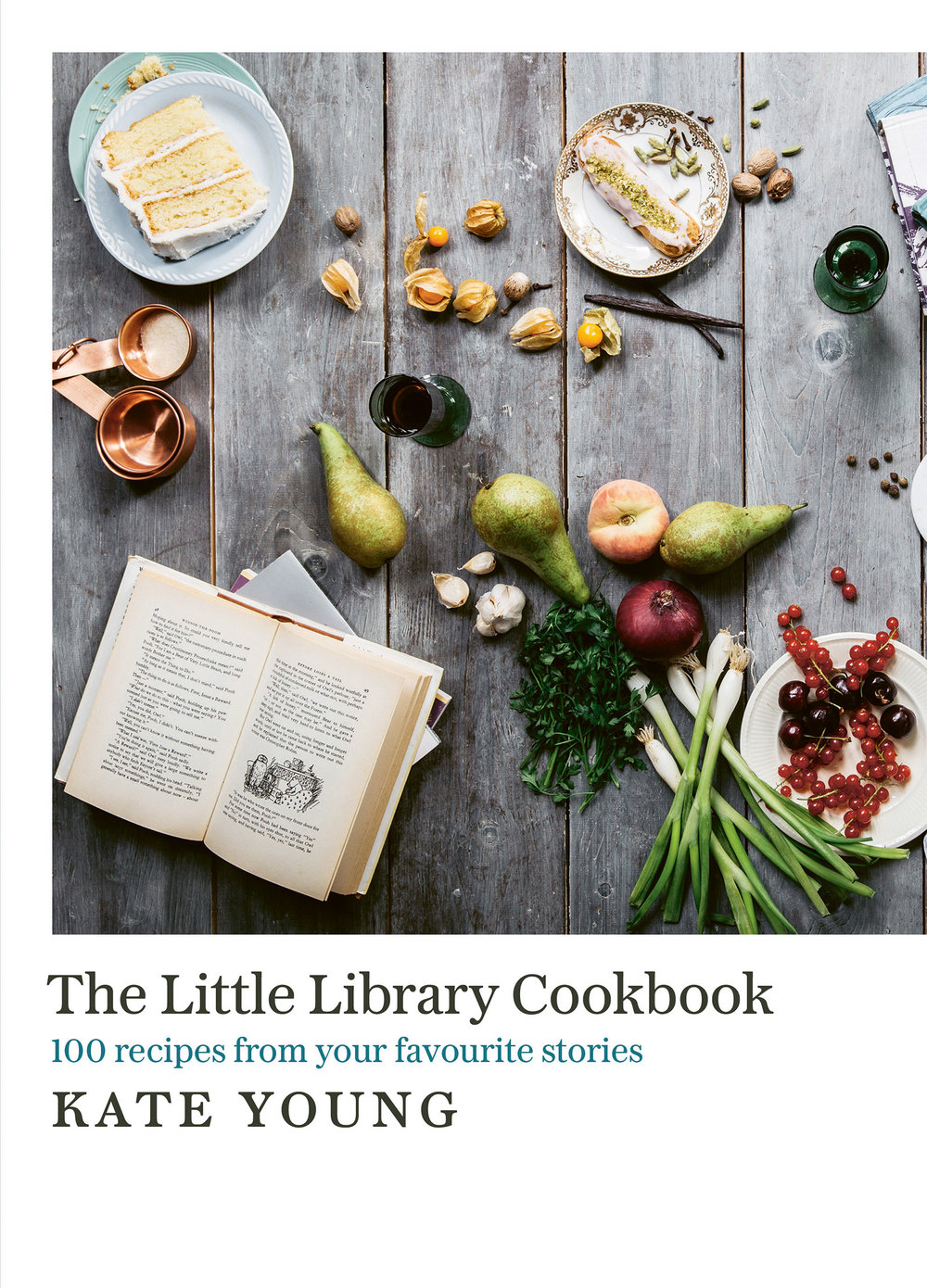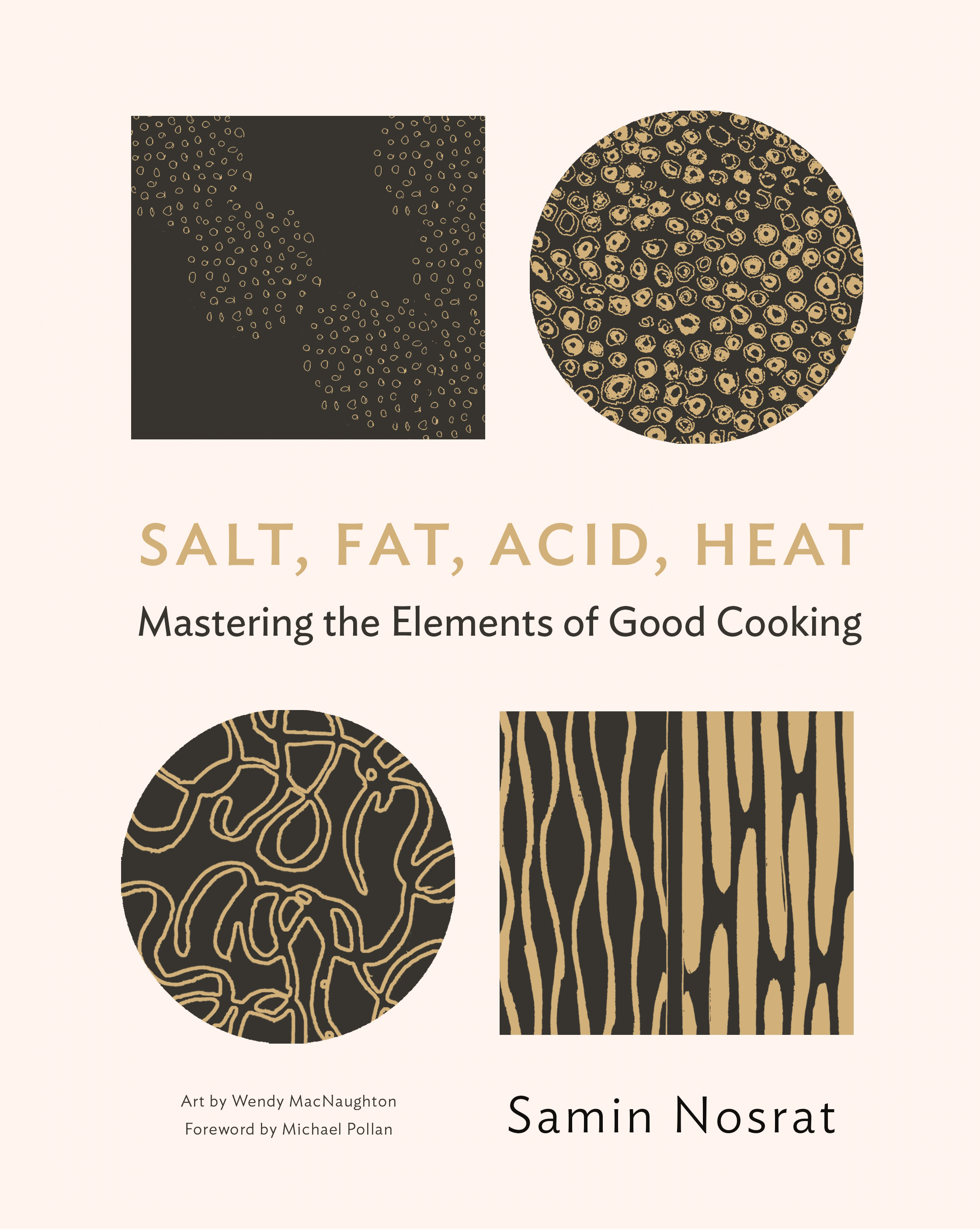Candice Fox, arguably Australia’s finest crime writer, has penned another taut and seductive thriller with Redemption Point.
Reviewed by Simon McDonald
Redemption Point, the standalone sequel to 2017’s Crimson Lake, is meticulously plotted and magically propulsive, and shows precisely why Fox is the poster-woman of Australian crime fiction.
When former NSW Police Detective Ted Conkaffey was wrongly accused of abducting thirteen-year-old Claire Bingley, he disappeared to the steamy, croc-infested wetlands of Crimson Lake in Queensland, where he met the brilliant, but slightly deranged, Amanda Pharrell; an accused and convicted murderer operating as a private detective.
Following the events of Crimson Lake, Conkaffey and Pharrell, now investigative partners, are called to a roadside hovel called Barking Frog Inn, where the bodies of two young bartenders have been found, apparently victims of a robbery gone wrong. Hired by the father of one of the victims, Conkaffey and Pharrell ignore the warnings of the local cops and insert themselves into the investigation. But Ted’s attention is quickly diverted elsewhere when the father of Claire Bingley — the young girl he supposedly abducted — arrives in town seeking vengeance.
With precision and clarity, Fox unravels two disparate, but equally unsettling and compelling investigations. Ted Conkaffey and Amanda Pharrell are wonderfully epic heroes; tough, taciturn, yet vulnerable, and bolstered by a colourful supporting cast, whose aspirations and intentions are shrouded in mystery, purposefully enigmatic until Fox chooses to unveil their true natures. She merges a labyrinthine plot, deft characterisation and top-notch police procedure into a gut-wrenching, wickedly-addictive page-turner. There is no author writing today more capable of producing such well-assembled time bombs that demand reading long past bedtime. Seriously, those final hundred pages need to be swallowed in a single gulp.

